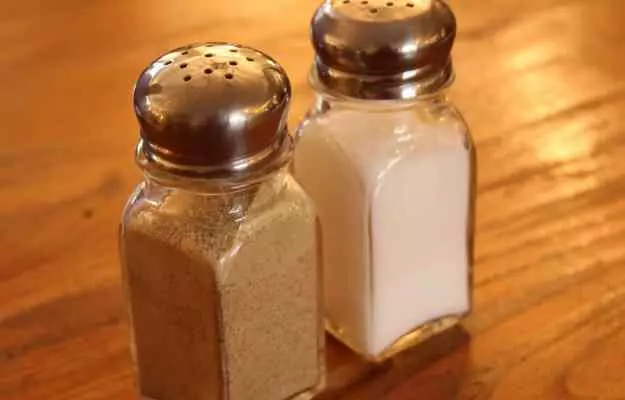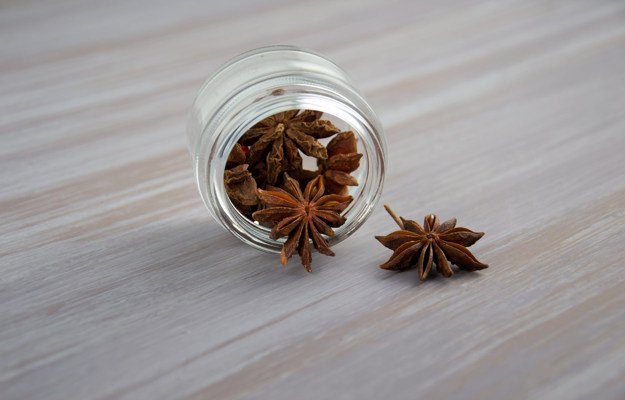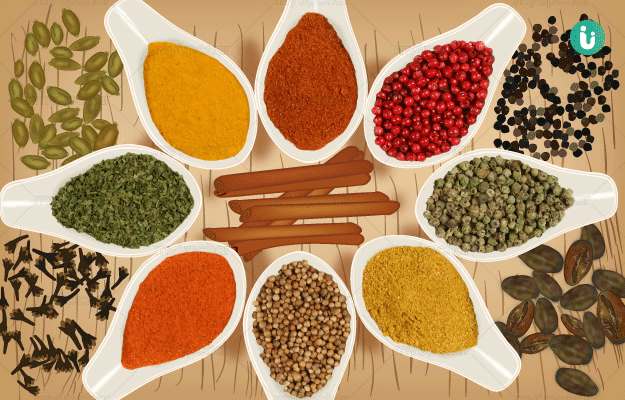Salts have always been an important flavouring agent in meals. While bland food may be good for dieting and health, it is hard to imagine a life without the savoury touch of salts. And when you have so many different types at your disposal, it is a treat for the senses.
There are many types of salts. Some are mined from dried up lakes while the others are obtained from seawater. Few of them are found in the mineral ores. The most common types are:
- Table salt
- Kosher salt
- Sea salt
- Pickling salt
- Celtic salt
- Himalayan rock salt
Black salt or kala namak is one of the many varieties of salts available in most pantries worldwide. Unlike the common salt, black salt is known to have a sulphurous, egg-like flavour which makes it the prefered choice for fruit salads and dressings. Black salt is a type of Himalayan rock salt, the main source of which is the halite (ores of rock salt) of Bangladesh, India, Nepal and Pakistan. Due to its geographical range, it is also known as the Himalayan Black Salt.
The colour of kala namak ranges from dark brown (almost black) when it is present in a crystal form and changes its colour to pink when grounded.
Black salt like every other salt contains sodium mainly in the form of sodium chloride and sodium sulphide. It is also rich in iron which gives it a dark colour. This makes it the perfect choice of salt for people suffering from iron-deficiency anaemia.
Depending on the place of origin black salt may be classified into:
- Black lava salt- sea salt with activated charcoal forms this lava salt, used at the end of cooking as finishing salt.
- Black Indian salt- kala namak, is Indian volcanic rock salt, is the main black salt used in South Asia.
Some facts about kala namak:
- According to Ayurveda, Sendha namak is the best for eating followed by Kala namak.
- Black salt has a long history, written evidence are found from the 5th and 6th century in the writings of Charaka and Sushruta.
- There are eighty-four minerals in Himalayan rock salt.
- A most popular ingredient in all chat masala recipes.












